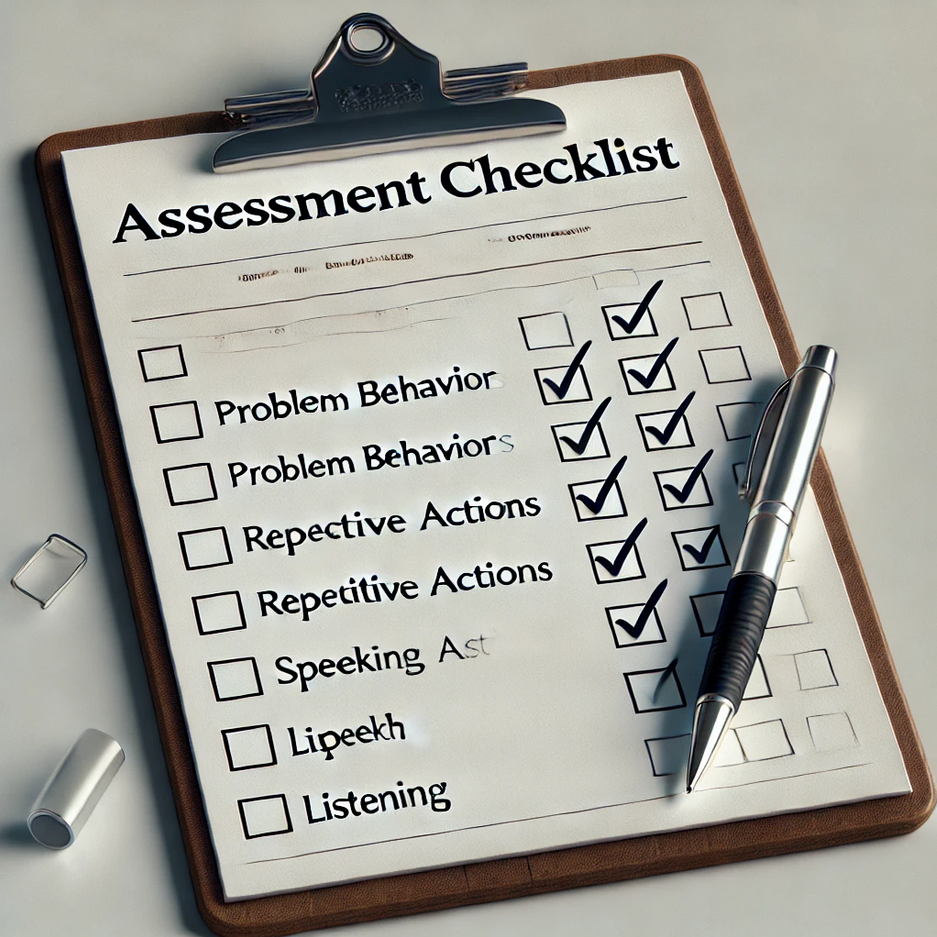Good day! Today, we will review a study by researchers from Seoul National College of Medicine comparing two popular methods for assessing children with autism: ADOS-2 and CARS-2.
At the beginning of the article, it is noted that Autism Spectrum Disorder (ASD) is a neurodevelopmental disorder associated with deficits in social communication, as well as restricted and repetitive behaviors. Autism symptoms appear from an early age, and 85% of individuals with this diagnosis cannot live independently without support in adulthood. However, early intervention and intensive therapy can improve outcomes, highlighting the importance of timely screening.
CARS (Childhood Autism Rating Scale)
CARS is a 15-item questionnaire developed in 1988. It is one of the most well-known tools for diagnosing autism worldwide. CARS is useful for identifying autism in children with cognitive impairments. However, in the newer version, CARS-2, the tool has been improved and now consists of two parts:
CARS2-ST – for individuals with intellectual disabilities
CARS2-HF – for individuals without cognitive impairments
Each of the 15 questions is assessed by an expert based on interviews with parents or caregivers, as well as direct observation of the child. The score for each criterion ranges from 1 (age-appropriate) to 4 (significantly deviant from the norm). Based on the total score, individuals are categorized into three groups:
- Individuals without signs of autism
- Individuals with a moderate level of autism
- Individuals with a severe level of autism
ADOS-2: The "Gold Standard" for Autism Diagnosis
In contrast to CARS-2, ADOS-2 is considered the "gold standard" for autism diagnosis. ADOS provides a comprehensive assessment of autism-related symptoms through direct observation of the child for 40–60 minutes. Despite its high diagnostic value, ADOS is expensive and requires significant time investment, especially for training qualified specialists with sufficient clinical experience.
Study Findings
In this study, the authors compared the assessment results of 237 children aged 2 to 12 years using CARS-2-ST and ADOS-2. The publication provides a detailed analysis of the assessment tools, principles of comparison, and explains a new diagnostic algorithm for CARS-2-ST, refined based on ADOS-2 data.
This research enables more accurate diagnosis using a more accessible method, which in turn facilitates early intervention and the start of supportive therapy as soon as possible—without long waiting times for expensive diagnostics.
